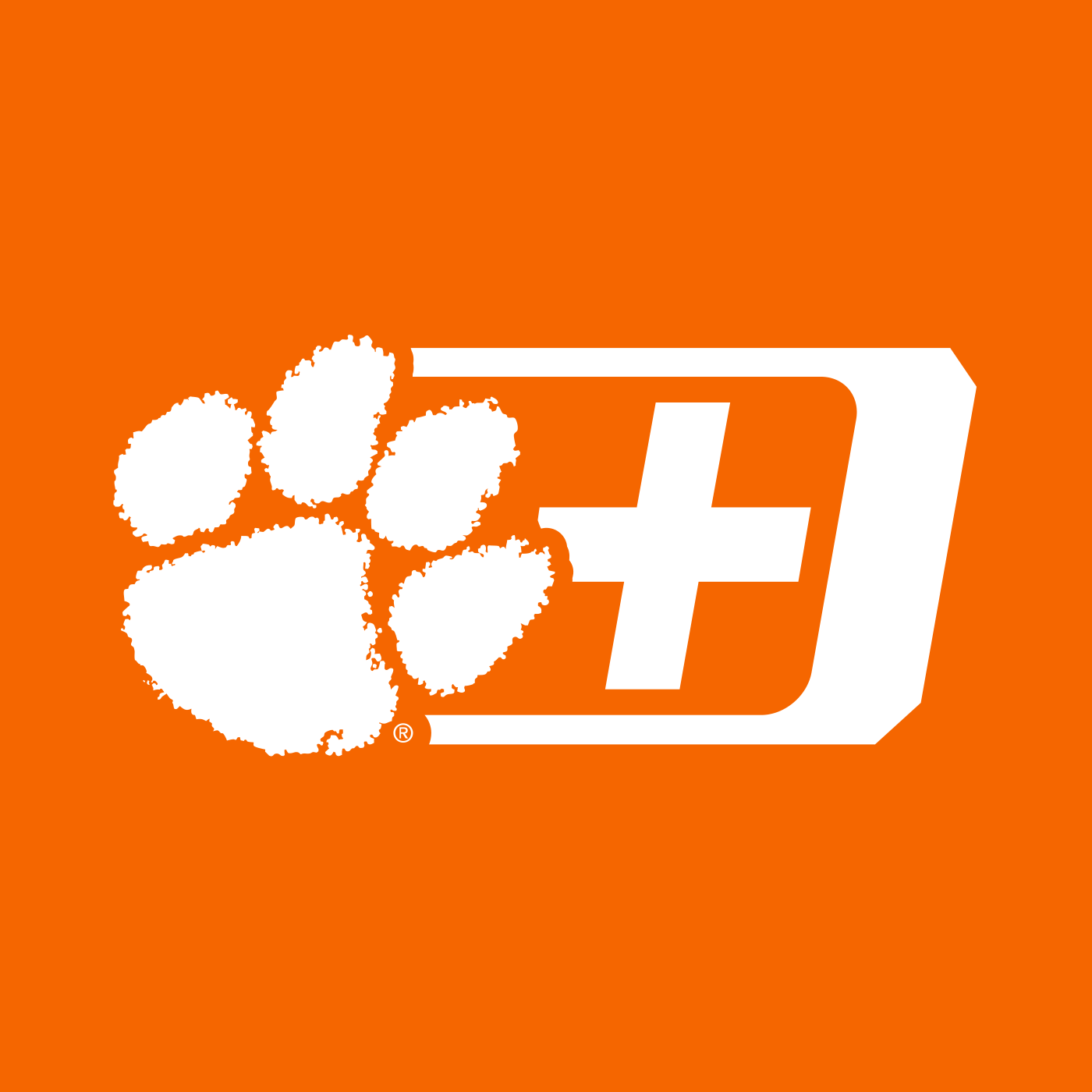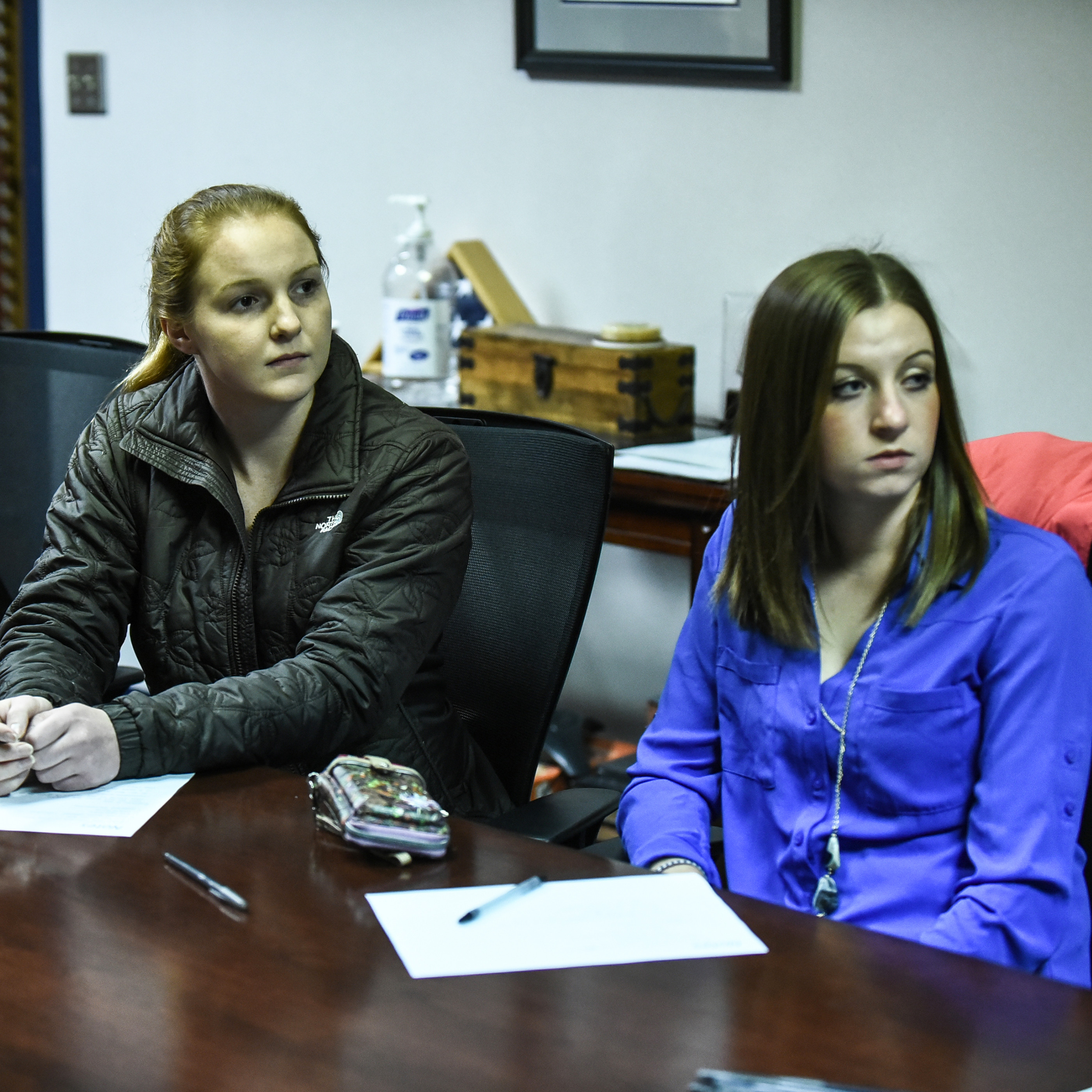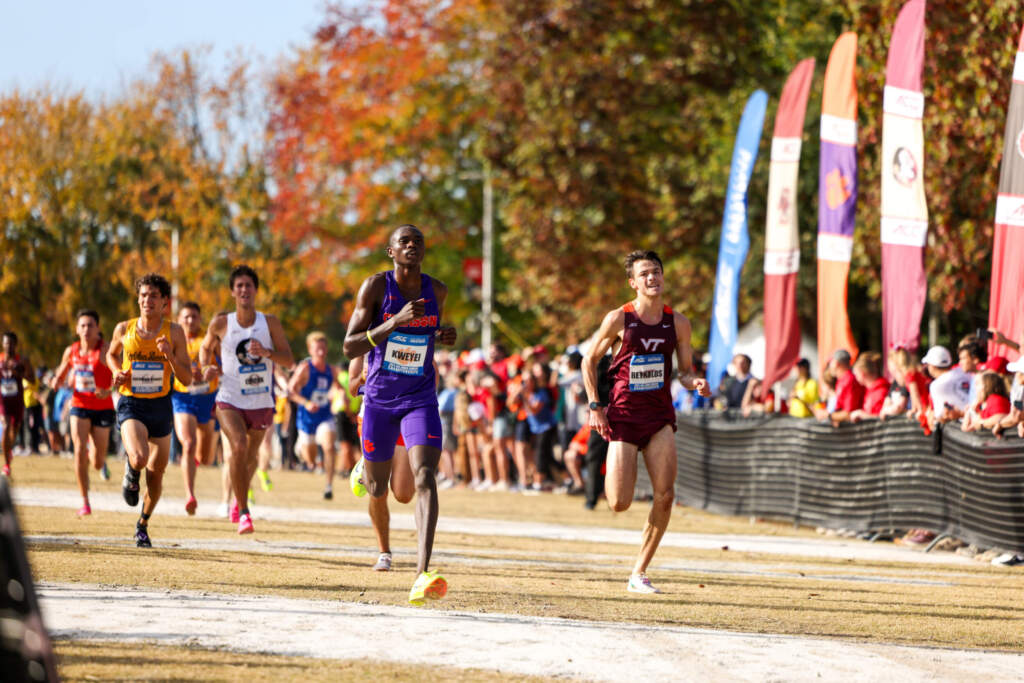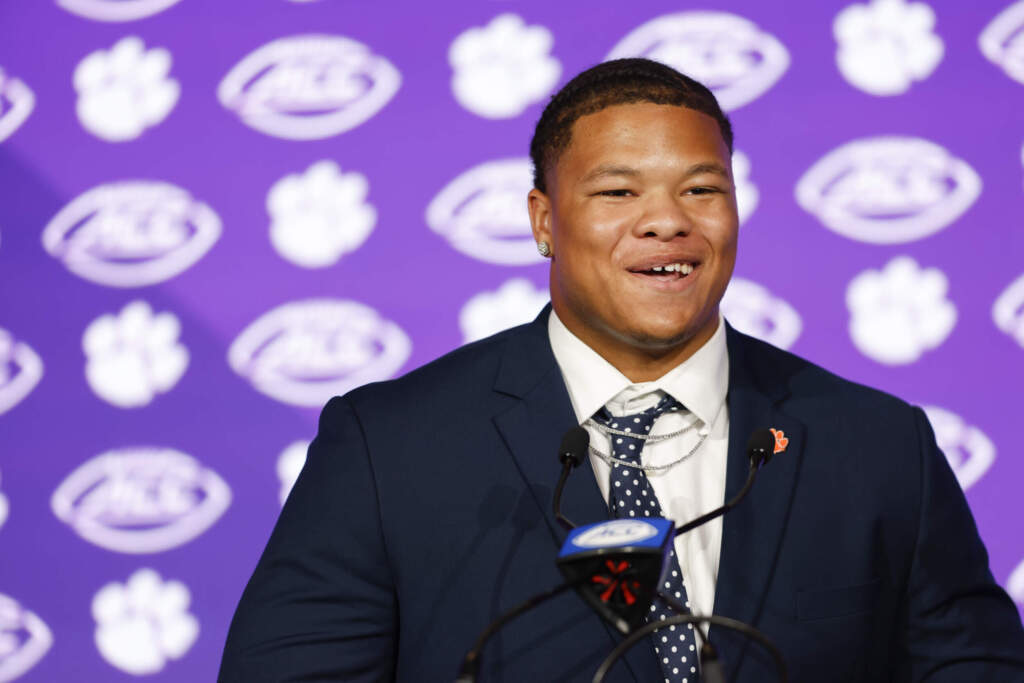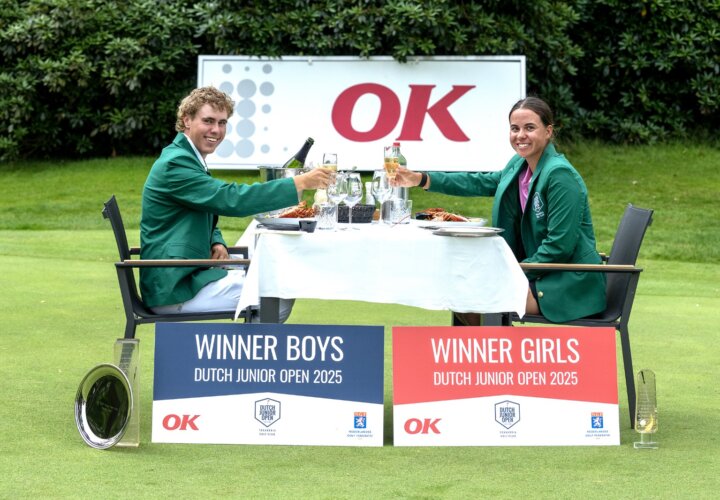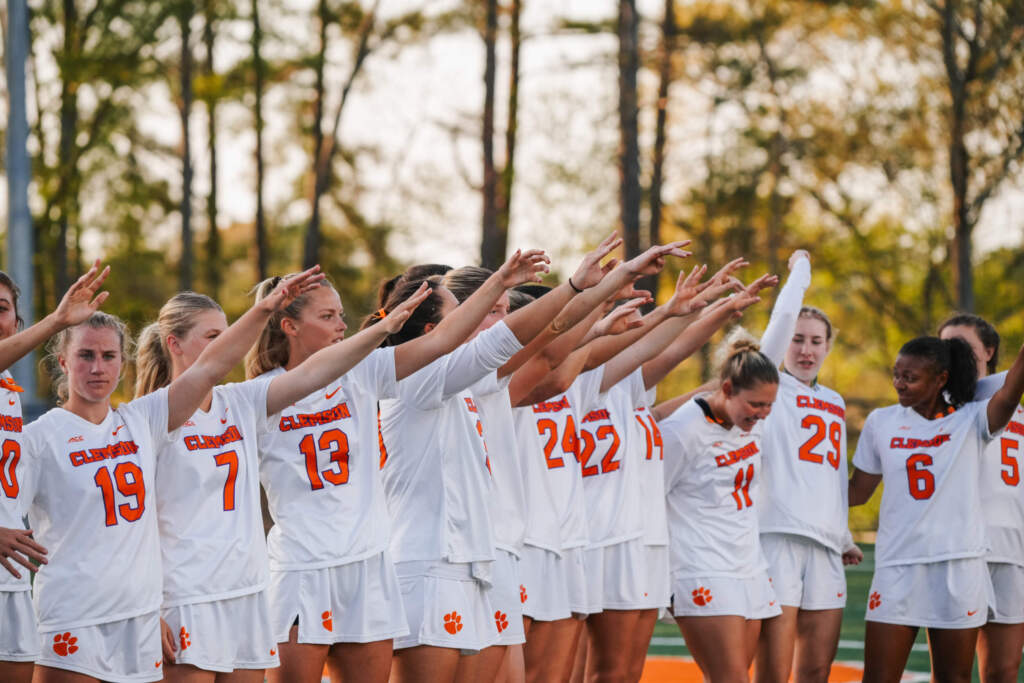By Elaine Day, Athletic Communications
“If you were a Disney princess, which one would you be and why?”
Obviously not your typical interview question, but it was one of many mentioned as a prior inquiry during an interview workshop designed for Clemson’s sophomore student-athletes on Wednesday night at the McFadden building. The seminar was led by staff members from Atlanta-based Capstone Financial Group, including former Tiger baseball player and volunteer assistant coach Stephen Faris.
The session started with a lighthearted video clip from the movie Step Brothers that illustrated precisely what not to do in an interview setting. From there, the student-athletes split into smaller groups to allow for more personal conversations about beneficial interviewing strategies. Topics ranged anywhere from how to make a good first impression, how to build rapport with an interviewer and how to demonstrate proper body language. There was even time to participate in mock interviews and practice the art of the perfect handshake. More specific details, such as using the proper resumé paper, proved valuable points of conversation as well.
“Definitely the most helpful thing was what to do in an interview that you wouldn’t initially think to do,” said men’s soccer goalkeeper Brady Allardice. “Some things they talked about were hand gestures, talking to the receptionist when you walk in and making small talk with him or her, not flying into the parking lot, using thicker paper when you hand in your resumé — little things that make a difference.”
Allardice, an economics major, is contemplating going to law school after graduating from Clemson and found the interview tips to be “extremely helpful.”
Divers Allison Brophy and Megan Jendra, mechanical and civil engineering majors, respectively, appreciated the fact that the majority of the presenters were student-athletes in college themselves. Both have high career aspirations, with Brophy aiming to enter the medical field and work with prosthetic limbs and Jendra wanting to go into architecture. The seminar showed them how to relate their time on the diving team to relevant job experience.
“They helped us figure out how to translate the athletic qualities into job qualities and what employers are looking for,” Brophy said. “My biggest strengths are time management and determination. Being a college athlete, you have to balance your time and your life.”
When given the chance to practice and discuss what they perceive to be the most important skill they have gained from being a student-athlete at Clemson, all three echoed the idea of teamwork and being coachable. For example, Jendra talked about how divers especially “know how to work as a team and independently.”
Allardice reiterated how Clemson has showed him that “being part of a team teaches you invaluable skills that you’re going to use for the rest of your life, especially working in a lot of jobs — you don’t have to do things as an individual, you have to collaborate with a bunch of other people. Being coachable, going into a job and knowing that you have skills, but you don’t have the complete package yet; you’re going in there to learn and get better each day.”
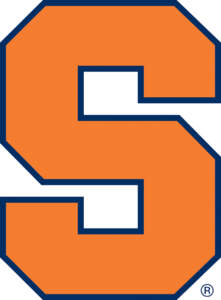 Syracuse
Syracuse 
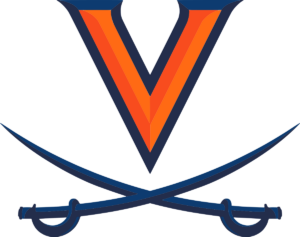 Virginia
Virginia 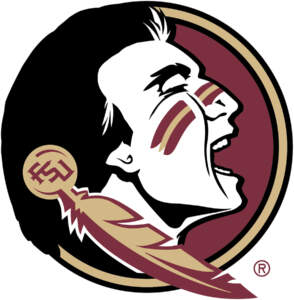 Florida State
Florida State 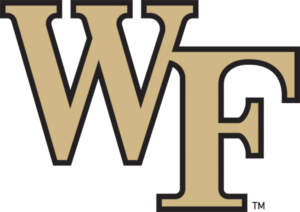 Wake Forest
Wake Forest 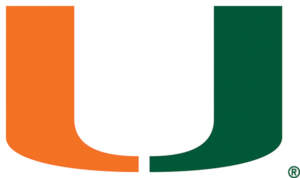 Miami (Fla.)
Miami (Fla.) 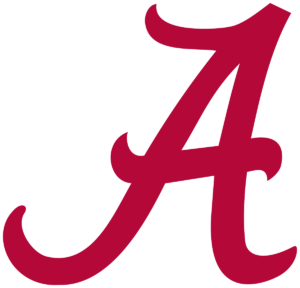 Alabama
Alabama 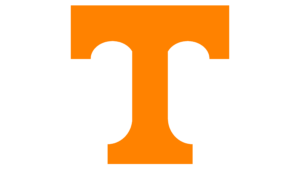 Tennessee
Tennessee 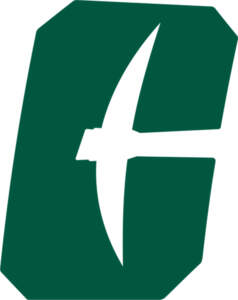 Charlotte
Charlotte 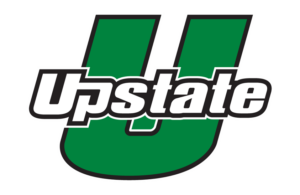 USC Upstate
USC Upstate  Ohio State
Ohio State 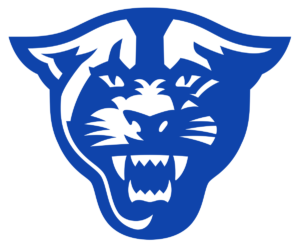 Georgia State`
Georgia State`  Ohio University
Ohio University 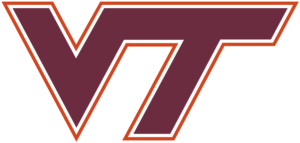 Virginia Tech
Virginia Tech  Indiana
Indiana 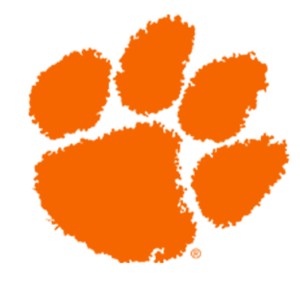 Tiger Classic
Tiger Classic 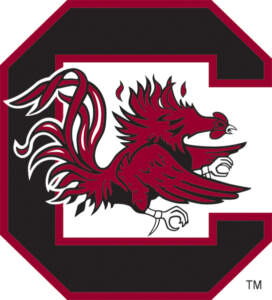 South Carolina
South Carolina 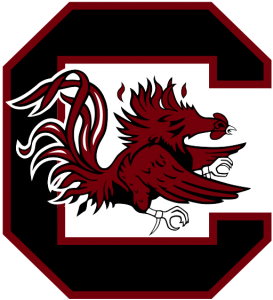 South Carolina
South Carolina 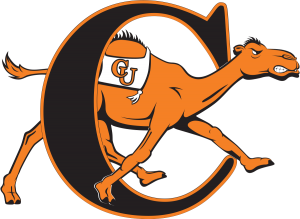 Campbell
Campbell 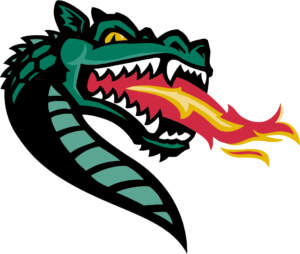 UAB
UAB 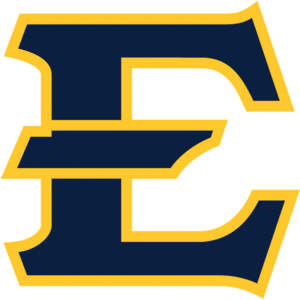 East Tennessee State
East Tennessee State  LSU
LSU 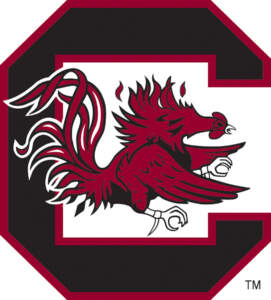 South Carolina
South Carolina 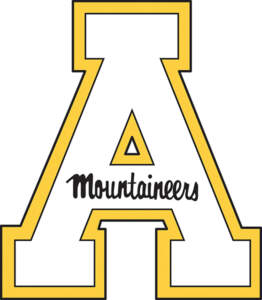 App State
App State 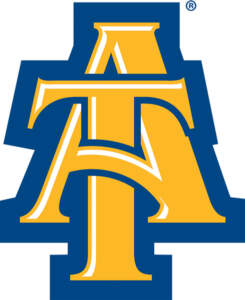 North Carolina A&T
North Carolina A&T 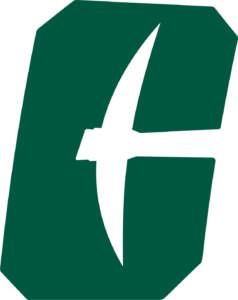 Charlotte
Charlotte 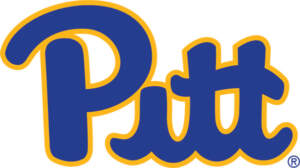 Pittsburgh
Pittsburgh 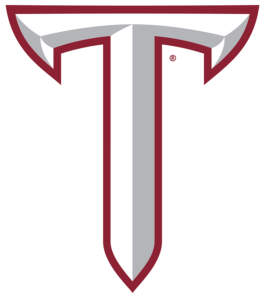 Troy
Troy 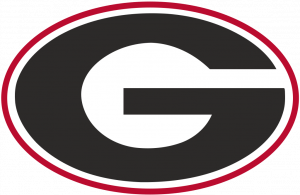 Georgia
Georgia 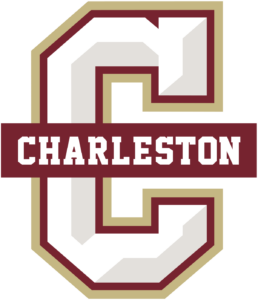 Cougar Classic
Cougar Classic 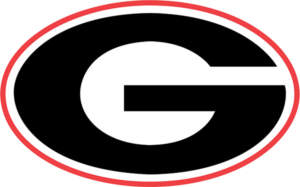 Georgia
Georgia 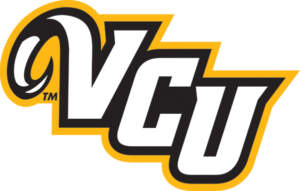 VCU
VCU 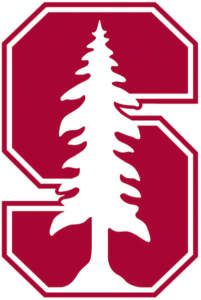 Stanford
Stanford  Elon
Elon 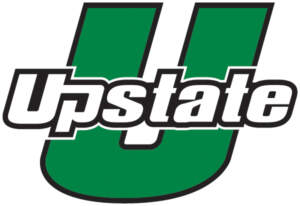 USC Upstate
USC Upstate 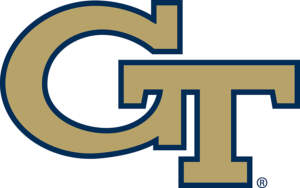 Georgia Tech
Georgia Tech 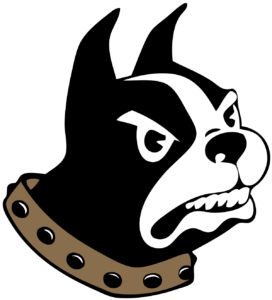 Wofford
Wofford 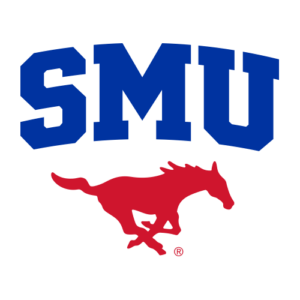 SMU
SMU 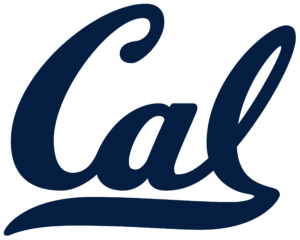 California
California 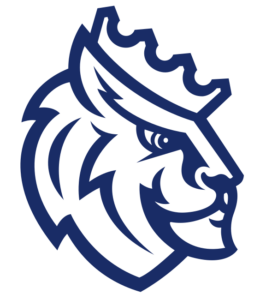 Queens
Queens 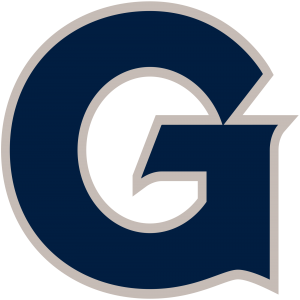 Georgetown
Georgetown 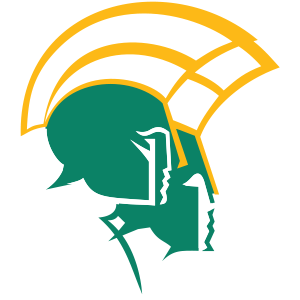 Norfolk State
Norfolk State 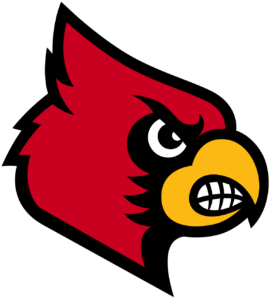 Louisville
Louisville 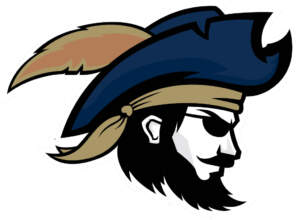 Charleston Southern
Charleston Southern 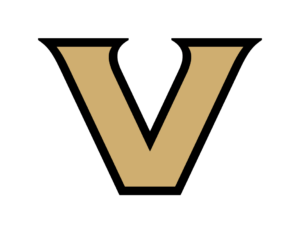 Mason Rudolph Championship
Mason Rudolph Championship 
